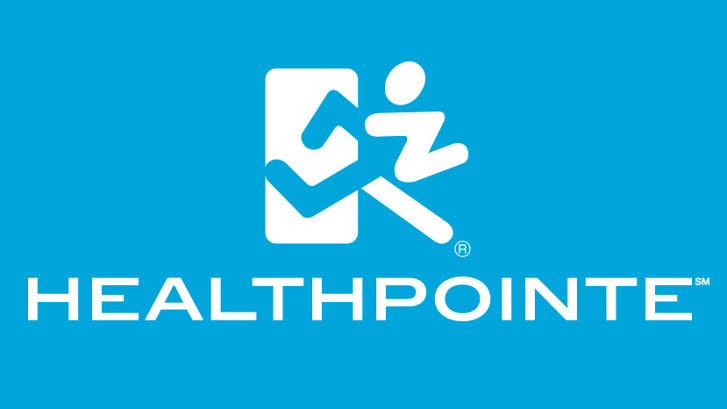Immunosuppression After a Heart Transplant
A heart transplant is one of the riskiest surgeries in cardiology, but it is also one of the most effective in patients dealing with a severe heart disease. The facts speak for themselves: 87% of carefully selected patients survive for at least a year; while 50% survive for 10 years post-operation and enjoy a good quality of life.
Catch-22 Scenario
But there are downsides to a heart transplant; said downsides include immunosuppression. Keep in mind that, after a heart transplant, your body may attack the new organ because it is a foreign object. The risk: organ rejection, which is your body’s own misguided attempt at protecting itself from a perceived pathogen.
Indeed, while a heart transplant can mean a second chance at life, it can also increase the chances of death because of immunosuppression. The use of immunosuppressant drugs, however, is essential for success, since they block off the effects of the body’s natural defenses against foreign objects including the donated organ.
So, it’s a Catch-22 scenario – the immunosuppressant drugs allow your body to co-exist in relative harmony with your new heart but these also make your body more vulnerable to infections. Your cardiologist will then strive for a good balance between infection and rejection such that you must take a sufficient amount of medications to prevent rejection but not enough to unnecessarily increase your risks of infection.
Good News
Fortunately, heart surgeons and their teams of medical professionals are now more successful at striking a balance. You will not be required to live in a sterile plastic bubble, in the literal or figurative sense, but you will be required to take certain precautions to stay healthy for as long as possible. You need not worry about these precautions as most of them are healthy lifestyle habits and many are sensible in nature.
The bottom line: If you have healthy lifestyle habits in exercise, diet and sleep, then you should be just fine even after a major heart surgery.
Immediately after your heart transplant, you will be very vulnerable to infections so you must take extra care. Aside from the hospital admission, you should also take the appropriate precautions, such as:
- Wash your hands often since that is an excellent way to reduce exposure to pathogens including germs.
- Avoid sick people since you are at a high risk for infections.
- Stay out of crowded areas, such as malls, restaurants, and theaters, since you will likely be exposed to several bacteria, viruses and other pathogens.
- Take your medicines as directed by your cardiologist. Call your doctor when you miss a dose or when you experience side effects; it’s always best to ask than to feel sorry soon after.
- Take good care of your health – eat a healthy diet, sleep 8 hours a day, and brush and floss your teeth daily.
- Avoid accidents that can lead to cuts and scratches. Never ignore these wounds since these can easily lead to infections.
Ultimately, your health, wellness and welfare as a heart transplant patient should involve teamwork between you and your medical team and your family. Give us a call 888-719-8448 for more information or walk in to any of our locations such as, the La Mirada office near Whittier, La Habra, Norwalk, Cerritos, Buena Park, and Santa Fe Springs.
About Healthpointe:
Healthpointe is a leading multidisciplinary healthcare organization offering a full range of medical services in practice locations throughout Southern California (Los Angeles county, Orange county, San Bernardino county and Riverside county). Healthpointe has locations situated in over 10 cities in Southern California including Corona, which is conveniently located near Norco, Home Gardens, Mira Loma, Pedley . As a highly regarded musculoskeletal group, we have a personal investment in the highest level of service, and we are proud of our record of excellence over the last four decades with private patients, injured workers, urgent care, personal injuries, and professional and non-professional athletes. Leading our organization is a dynamic team of healthcare professionals who continually strive to be at the forefront of medical innovation and healthcare service delivery. For more information, a complete list of services, and Healthpointe locations, visit https://healthpointe.net.

